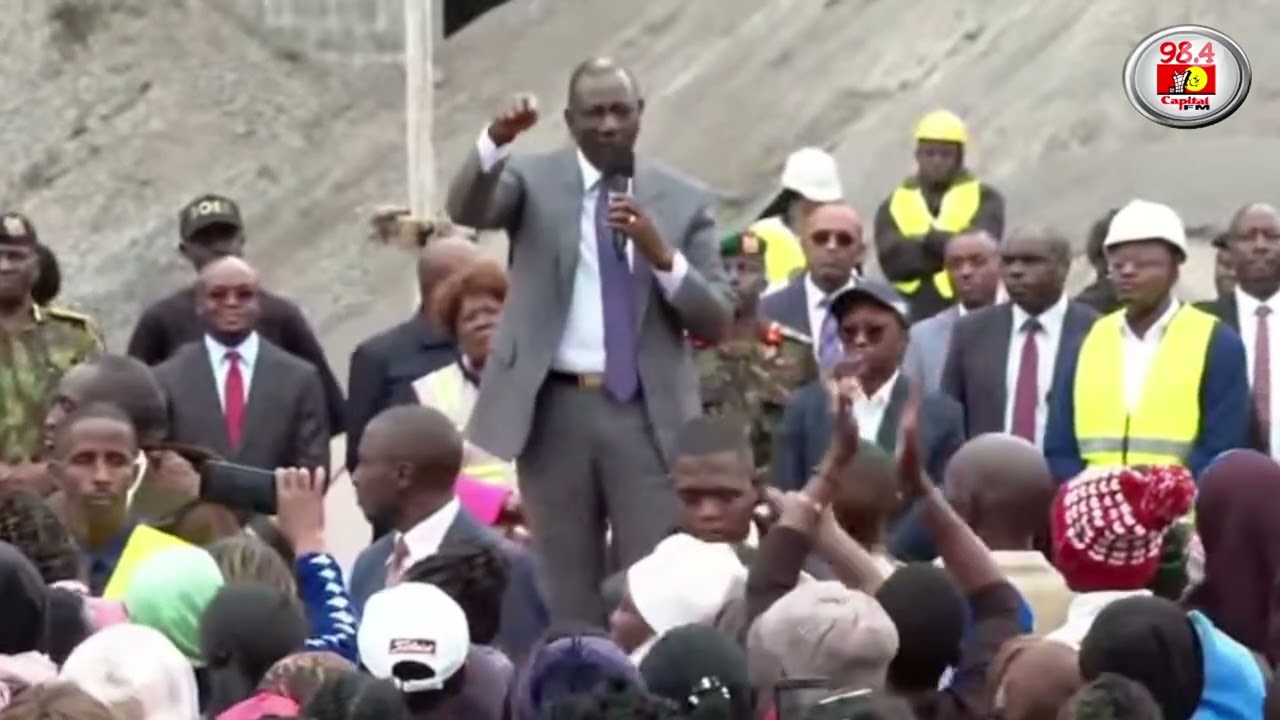
President Ruto faults ‘unfair’ court decision restraining police barricades » Capital News
NAIROBI, Kenya, Jul 9 – President William Ruto has criticized a recent High Court ruling that barred the use of police roadblocks during public demonstrations, calling the decision unfair to millions of ordinary Kenyans who do not enjoy state security.
He expressed dissatisfaction with Thursday’s court’s directive, questioning how police are expected to protect lives and property without essential tools and operational freedom.
“I have seen that today, someone in court has said that the Inspector General of Police should not block roads, should not use tear gas, should not use water cannons to protect the lives of other Kenyans. The one saying so, in his case, has police who protect and drive him,” Ruto said moments after the rulling.
The President defended the police’s decision to barricade roads during demonstrations, arguing that such actions are meant to protect lives and property at risk during public unrest.
Justified crowd control
He justified the use of crowd control tools such as roadblocks, tear gas, and water cannons, saying they are critical to maintaining order and safeguarding public interests, especially when demonstrations become chaotic.
“Honestly, how can anyone say that the police cannot protect the lives and property of other Kenyans? There’s a reason why roadblocks exist. There’s a reason why police have tear gas and water cannons—these are tools to protect Kenyans when they are in danger,” he said.
Ruto further criticized those behind the court petition, claiming they benefit from personal police protection, unlike the average Kenyan who relies solely on state security agencies for safety.
His remarks come amid renewed debate on how to balance constitutional freedoms—including the right to protest—with public safety concerns, after the High Court issued conservatory orders restraining the Inspector General of Police from erecting barricades during peaceful demonstrations.
The Katiba Institute filed the petition, challenging the legality of police roadblocks set up in Nairobi’s Central Business District (CBD) during recent protests.
The institute argued that these actions violated constitutional rights, specifically Articles 37 and 39, which guarantee freedom of assembly and freedom of movement.
It contended that the unannounced restrictions imposed by police unlawfully suppressed lawful protests and curtailed civic action.